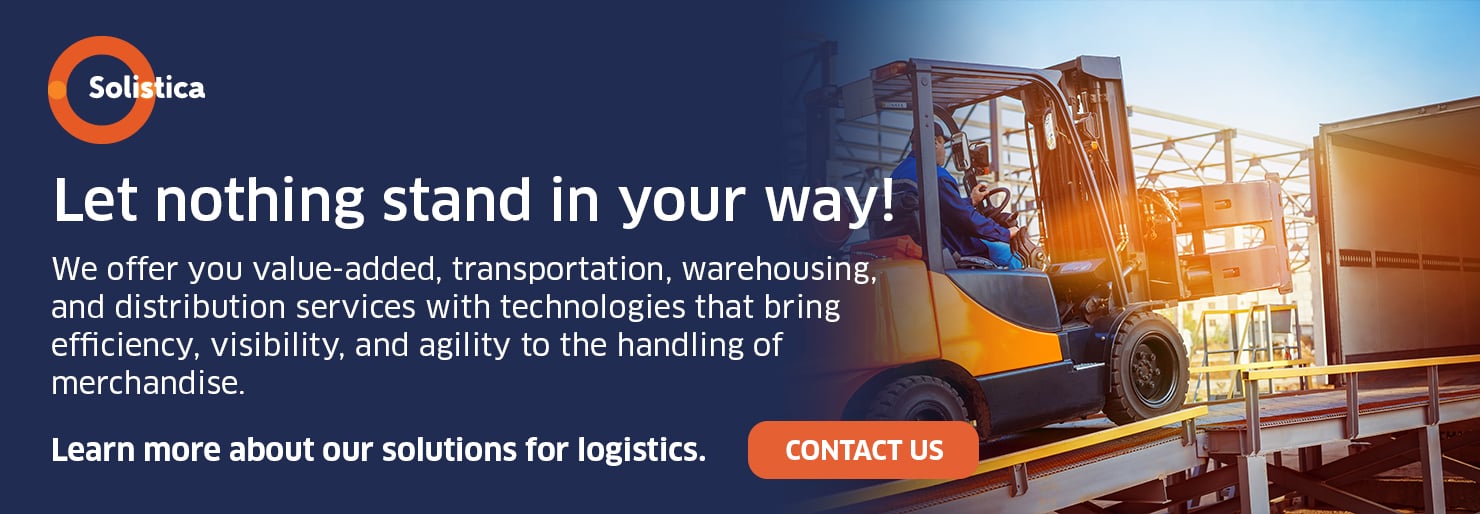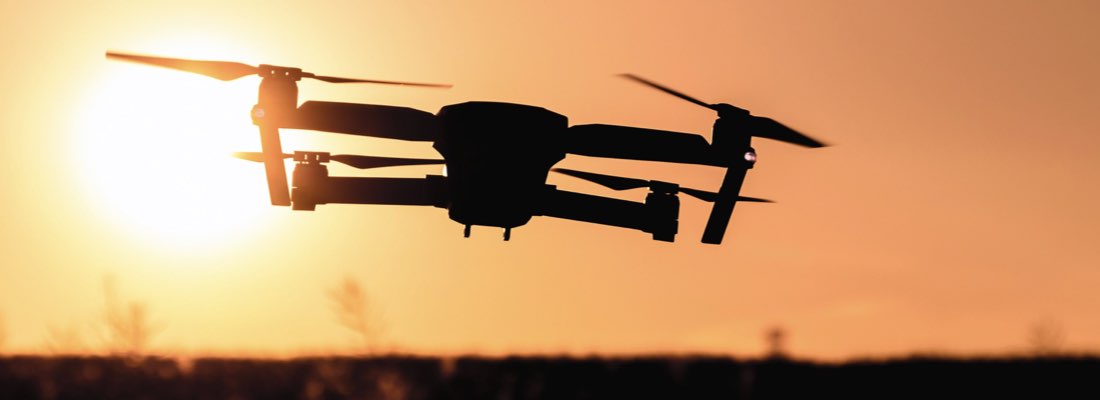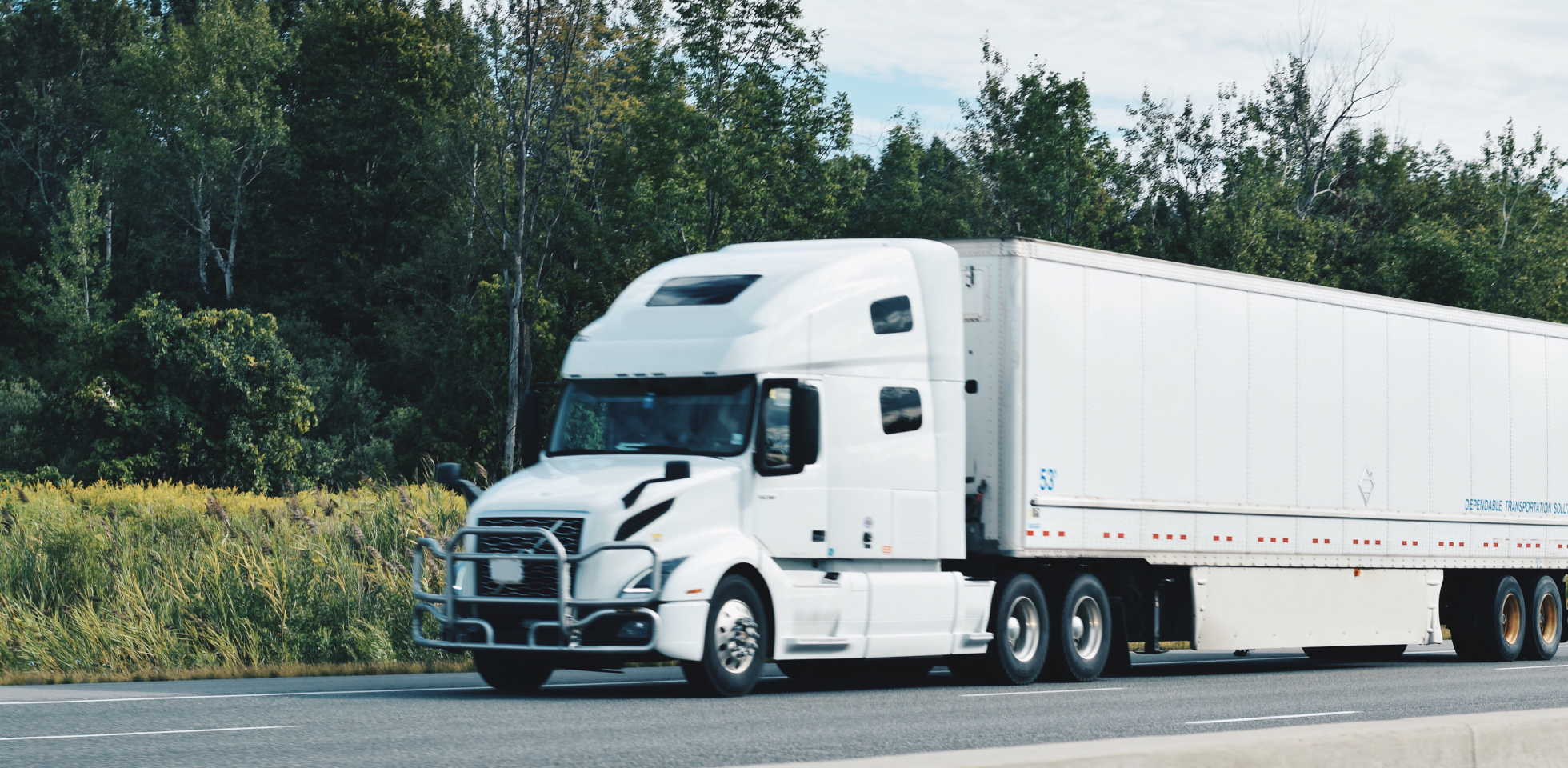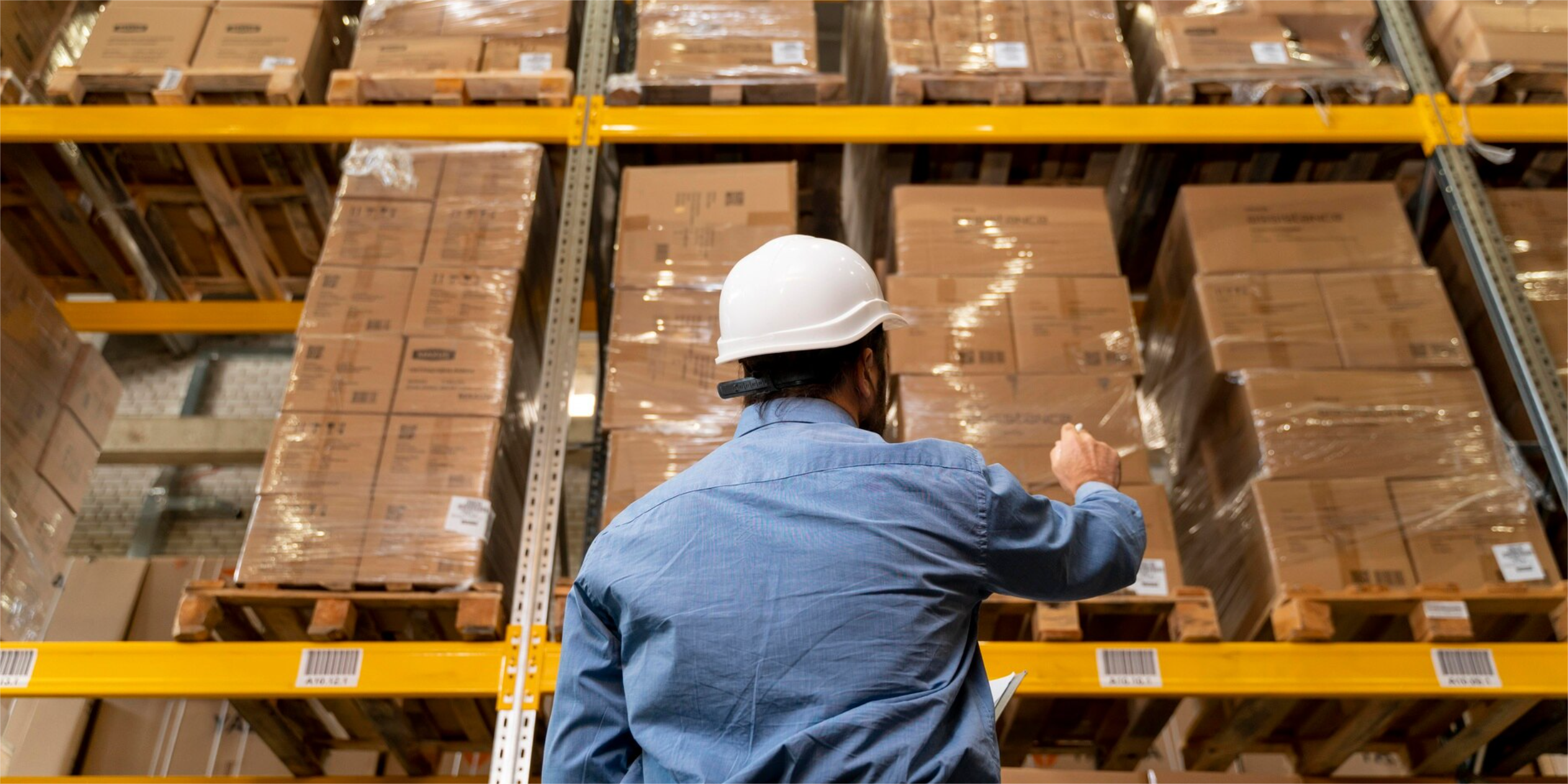Digitalization and new technologies such as the Internet of Things and autonomous learning, have revolutionized all sectors, including logistics, which has been characterized throughout the years for embracing innovative solutions that enable quick, accurate, and safe reactions.
The drones are an example of this; they have been used around the world for purposes as varied as those of the military, charity organizations, and film productions. It has now begun to be embraced by the logistics industry to make its processes more efficient.
These small gadgets can fly for almost 90 minutes and carry packages of up to 6 pounds; they are being used in the last stage of the supply chain, that between the courier and the consignee in zones that traditional transportation cannot access.
Even though this technology has just begun to be used by companies in their warehouses, tests suggest that these non-manned aircrafts will have diverse uses within the supply chain: as a way to move small and light goods in difficult-to-reach places; as a way to check inventories in warehouses or yards; and as an aerial video surveillance to provide visibility and safety to goods.
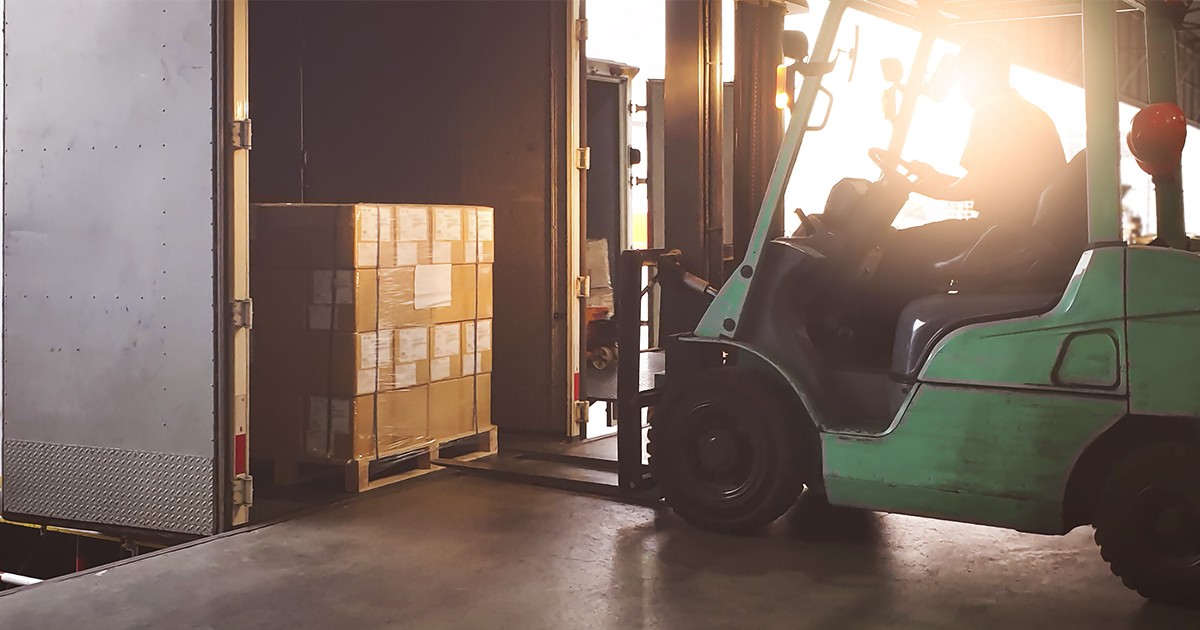
Although they are not sold for these purposes, some benefits of drones for corporate logistics are already known:
-
Lowering shipment and operation costs
In the next few years, companies may ship products from their warehouses and reach clients in less than 30 minutes at a very low cost.
-
Savings related to transport
By using drones in day-to-day operations, companies will drastically lower their labor, maintenance, fuel, and insurance costs, among others.
-
Less issues related to refunds
Drones may not only contribute to lowering the time a returned item takes to get back to the warehouse, they may also offer a better client experience by avoiding having customers go to a courier service to return their purchases.
The main issues companies will probably face when implementing these new tools will be technological limitations. Because currently they are very fragile, drones can only support the shipment of small packages at short distances. Furthermore, they will have to be operated by previously trained staff, which may result in extra investment.
Other issues to consider may be physical and digital safety because they are machines controlled by computers that may become the target of hackers wishing to steal them or destroy them, and government regulations in each country which may include restrictions, special permits, fees, and rules making it harder to use these devices.
Meanwhile, the topic of legal responsibility is still unclear. It has not been completely decided who would be responsible for accidents or safety issues. For example, if a drone were to fall due to mechanical failure and were to hurt someone, we do not know if the supplier or the insurance company will take responsibility.
Companies wishing to implement drone technology in their logistics processes should perform thorough testing to give employees the chance to detect issues. Usually, drone suppliers also design the software needed to operate these gadgets and is, therefore, recommended to schedule regular training and support from them. It is also convenient to introduce these types of tools gradually, so we can solve issues as they appear and avoid greater damage.
Even when logistics companies in our country still don’t offer or sell logistics services using drones, they are pilot testing them and analyzing technical, financial, and regulatory issues so they can offer this service in a not-so-distant future.
It is increasingly evident that drone technology is becoming accessible for logistics operators who deal not only with delivering orders but also with offering warehousing services. Combined with a good logistics software, drones will drastically improve the efficiency of several points along the supply chain in the upcoming years so we can offer companies a new valuable service.
